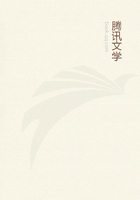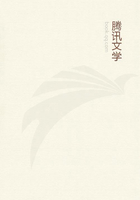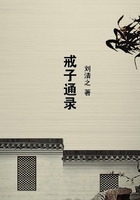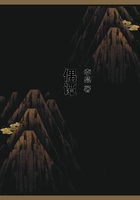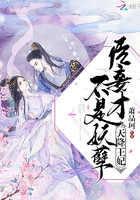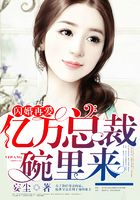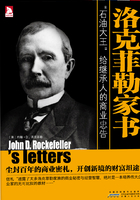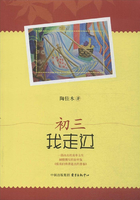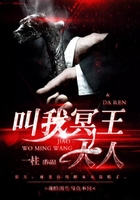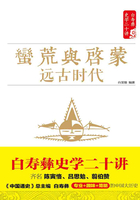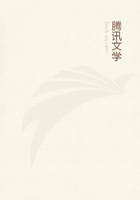Browning's The Ring and the Book is Italian;Tennyson wandered to the land of myth for the Idylls of the King, and Matthew Arnold's Soh-rab and Rustum--a narrative poem second in dignity to none produced in the nineteenth cen-tury--is a Persian story. But Herrick's "golden apples" sprang from the soil in his own day, and reddened in the mist and sunshine of his native island.
Even the fairy poems, which must be classed by themselves, are not wanting in local flavor.
Herrick's fairy world is an immeasurable dis-tance from that of "A Midsummer Night's Dream." Puck and Titania are of finer breath than Herrick's little folk, who may be said to have Devonshire manners and to live in a minia-ture England of their own. Like the magician who summons them from nowhere, they are fond of color and perfume and substantial feasts, and indulge in heavy draughts--from the cups of morning-glories. In the tiny sphere they in-habit everything is marvelously adapted to their requirement; nothing is out of proportion or out of perspective. The elves are a strictly religious people in their winsome way, "part pagan, part papistical;" they have their pardons and indul-gences, their psalters and chapels, and An apple's-core is hung up dried, With rattling kernels, which is rung To call to Morn and Even-song;and very conveniently, Hard by, I' th' shell of half a nut, The Holy-water there is put.
It is all delightfully naive and fanciful, this elfin-world, where the impossible does not strike one as incongruous, and the England of 1648 seems never very far away.
It is only among the apparently unpremedi-tated lyrical flights of the Elizabethan dramatists that one meets with anything like the lilt and liquid flow of Herrick's songs. While in no de-gree Shakespearian echoes, there are epithalamia and dirges of his that might properly have fallen from the lips of Posthumus in "Cymbeline."
This delicate epicede would have fitted Imogen:
Here a solemne fast we keepe While all beauty lyes asleepe;Husht be all things; no noyse here But the toning of a teare, Or a sigh of such as bring Cowslips for her covering.
Many of the pieces are purely dramatic in essence; the Mad Maid's Song, for example.
The lyrist may speak in character, like the dramatist. A poet's lyrics may be, as most of Browning's are, just so many dramatis per-sonae. "Enter a Song singing" is the stage-direction in a seventeenth-century play whose name escapes me. The sentiment dramatized in a lyric is not necessarily a personal expression.
In one of his couplets Herrick neatly denies that his more mercurial utterances are intended pre-sentations of himself:
To his Book's end this last line he'd have placed--Jocund his Muse was, but his Life was chaste.
In point of fact he was a whole group of im-aginary lovers in one. Silvia, Anthea, Electra, Perilla, Perenna, and the rest of those lively ladies ending in a, were doubtless, for the most part, but airy phantoms dancing--as they should not have danced--through the brain of a senti-mental old bachelor who happened to be a vicar of the Church of England. Even with his over-plus of heart it would have been quite impossible for him to have had enough to go round had there been so numerous actual demands upon it.
Thus much may be conceded to Herrick's verse: at its best it has wings that carry it nearly as close to heaven's gate as any of Shakespeare's lark-like interludes. The brevity of the poems and their uniform smoothness sometimes produce the effect of monotony. The crowded richness of the line advises a desultory reading. But one must go back to them again and again. They bewitch the memory, having once caught it, and insist on saying themselves over and over.
Among the poets of England the author of the "Hesperides" remains, and is likely to remain, unique. As Shakespeare stands alone in his vast domain, so Herrick stands alone in his scanty plot of ground.
Shine, Poet! in thy place, and be content.

